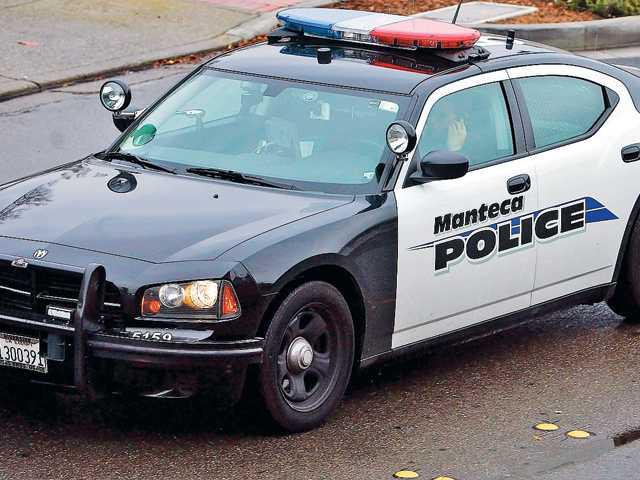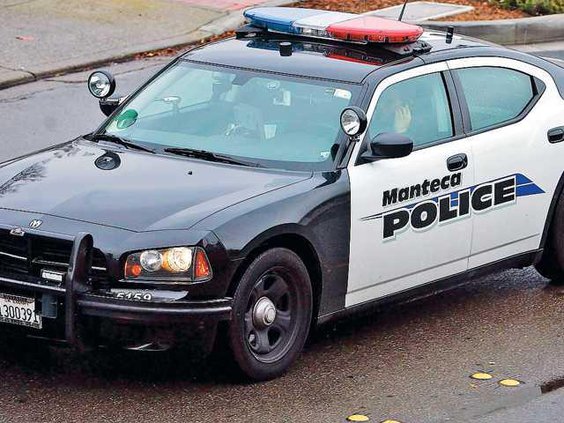It was an alarming trend.
Back in 2008, Manteca Police responded to 3,527 residential burglary alarms. Mechanical failure or owner error accounted for 98.7 percent of those calls and not criminal activity.
Each alarm response took an average of 18 minutes to respond, check the structure and contact the owner. Due to the nature of the calls it requires two officers. Manteca Police devoted 2,116 hours in 2008 responding to false alarms that took resources away from other calls as well as reduced proactive patrolling.
Instead of following the lead of some cities that addressed the problem by not having police respond to burglar alarms that are a contract between the alarm firm and the customers and not with any jurisdiction, the Manteca City Council took a different path. They opted to revamp Manteca’s ordinance dealing with false alarms.
The rules put in place in 2009 limited false alarms to two a year and not two a month. There is no charge for the first two responses. The third false response is $100, the fourth response is $200, and the fifth is $400 within a designated period.
In the fiscal year that ended June 30, Manteca billed $117,600 for false alarms. The three year average is $121,900. All money collected goes into the city’s general fund.
The city gave those who had alarms but no city permit for them until June 30, 2009 to obtain one. The alarm permit comes with details on the owner’s responsibility and city policies plus provides police with contact information. There is no charge for the permit or to renew the information annually as the ordinance requires. Alarm permits expire on Dec. 31 of each year and must be renewed by no later than Jan. 31.
Police Chief Nick Obligacion emphasized during the renewal period earlier this year that the information being updated annually is critical. Police need accurate information on who the owner is when officers respond.
The chief emphasized that the department dispatchers enter false alarms into the Computer Aided Dispatch system that is forwarded to the reporting alarm company. Based on the number of the false alarms at a specific location individuals or businesses are billed. The finance department handles the billing. If there is some dispute from those that believe they are being incorrectly charged, Obligacion said the police department’s code enforcement division “is more than willing to work with individuals or businesses.”
Mechanical failure or owner error continues to be the reason for false alarms and not criminal activity. False alarms in 2015 accounted for all of alarm calls the police received from alarm companies.
Before the ordinance was updated in 2009 there was no charge for not having an alarm permit or for the owner failing to respond. The ordinance now in effect charges $200 for no alarm permit and $100 if the owner fails to respond.
The first year the new rules were in effect, Manteca billed homeowners collectively $13,000 for police response to false residential burglar alarms with those who failed to register their alarms for free with the city getting slapped with an additional charge.
Although some complained to city officials at the time that is was simply a tactic to try and balance the municipal budget, that wasn’t the case.
It wasn’t as much about raising revenue – which was used as the stick to force compliance – as it was to free up limited resources.
To contact Dennis Wyatt, e-mail dwyatt@mantecabulletin.com
False alarm price: $117K
Effort to free up police resources





